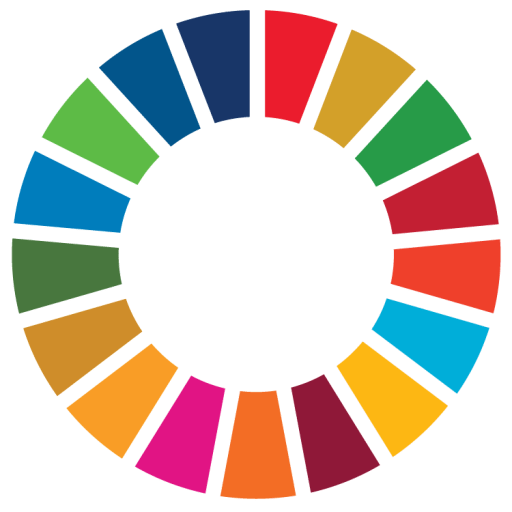Blog: Exploring learning for sustainability and the Sustainable Development Goals in youth work
Emily Beever is the Senior Development Officer (Policy and Research) at YouthLink Scotland, the national agency for youth work in Scotland. Emily co-ordinates YouthLink Scotland’s Members Network. The most recent Members Network took place in December 2016. As a valuable member of the Learning for Sustainability Scotland network, we asked her to update us on the latest YouthLink event which focused on why learning for sustainability is important in youth work; how it can enhance practitioner’s and young people’s experiences and how practitioners are already working towards the Sustainable Development Goals agenda in their every day practice.
Youth work plays a critical role in all aspects of young people’s learning. Far from being a complementary add-on to formal learning, in reality youth work is crucial for supporting many young people in their learning, health and wellbeing, and with future prospects. Youth work contributes to positive outcomes for young people in many areas including attainment, mental health, employability, youth justice, and child poverty.
YouthLink’s quarterly Members Networks events are designed for youth practitioners to share best practice, network and learning more about specific topics, with the latest one taking place in December. The theme was dedicated to exploring Learning for Sustainability. Using the Sustainable Development Goals as a framework to open discussions around LfS, we hoped to show youth work practitioners that they do not need to add new elements to their practice or embark on different projects to contribute to this agenda.
The event began with an introduction to Learning for Sustainability with Betsy and Abi from Learning for Sustainability Scotland. Attendees were encouraged to think about all the elements involved in getting a cup of coffee, focusing on the often unseen and unconsidered elements of the environment, human labour and the power structures that support production and trade.
This planted the seed for the rest of the day as well as giving us a useful tool for our own practice.
Next we heard from three organisations focused on outdoor learning: the Field Studies Council, Woodcraft Folk Scotland and TCV Scotland. The speakers provided attendees with useful information about encouraging outdoor learning within their practice. Helen Jones from the Royal Zoological Society Scotland bridged the gap between conservation efforts at home and globally, telling us about their efforts to engage young people in conservation using digital and pop culture trends. She gave us examples of how Edinburgh Zoo have used Pokemon Go!, Fantastic Beasts and Where to Find them, and Minecraft to involve young people in discussions about conservation.
The event ended with a vibrant discussion on youth work and the SDGs facilitated by Robbie Cheyne from Y Care International, a global youth work organisation. Robbie helped attendees to recognise the elements of their practice that were already working towards the 17 SDGs.
The very nature of youth work means that current youth work provision in Scotland is playing a part in working towards achieving many of the 17 SDGs at home and away. You don’t have to look far to see how youth work’s approach to engage young people in learning, in their communities and to eliminate equalities helps to achieve goals 1, 4, 8 and 10. Our members also engage in targeted youth work contributing to goals 2, 3, 5 and 13.
In fact, youth work practitioners at the event were able to identify examples of ongoing youth work practice that contributed to achieving 16 of the 17 goals. Thanks to the mapping exercise completed at the event, we now have a comprehensive picture of youth work’s current contribution to achieving the SDGs. The youth work outcomes clearly demonstrate how experience in youth work facilitates young people to realise the Global Goals.
It is clear that youth workers must be involved in the journey to achieving the Sustainable Development Goals. Not only does youth work itself help to achieve the goals, but youth workers also facilitate young people to be change makers themselves, equipping them with the tools to create change in their communities and further afield. This is the key difference between the Millennium Development Goals and the SDGs. These goals are no longer for someone else, they are for us. Designed with us. Delivered by us.
As the national agency for youth work in Scotland, we would like to see our members in the statutory and voluntary youth work sectors engaged and included in the wider dialogue of the SDGs and recognition by decision makers and partners that youth work contributes to achieving them. YouthLink Scotland would welcome partnership opportunities with expert agencies as well as funding for professional development so youth work practitioners can continue to lead on achieving the Sustainable Development Goals.
For more detail about the Members Network event, please see here.
If you have an interesting update that you would like to share with the Learning for Sustainability Scotland network, please get in touch with Abi Cornwall here.


